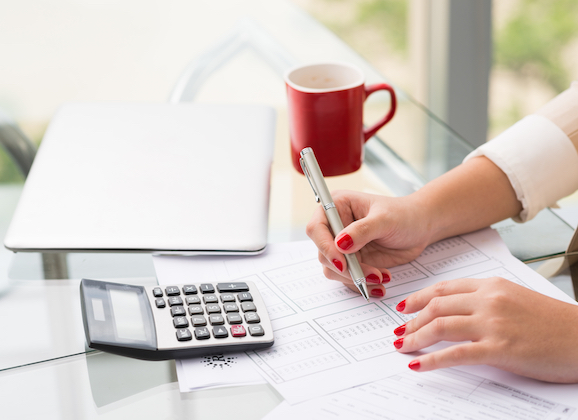How to Budget for a New Home
Buying a new home is something we anticipate for our entire lives. Whether it is your first home or your third, the excitement of moving into a new space of your own and not having to pay rent every month never goes away. You finally get to decorate and design a place exactly how you want!
But as exciting as that is, moving into a new home is also daunting and does not happen overnight. You have to alter your budget so that you have enough money to move, which can be difficult and stressful. While moving into the new home is exciting, the beforehand is filled with a lot of anxiety about how you are going to afford it.
There are some simple lifestyle changes anyone who is planning on buying a new home has to make. Use this guide on how to budget for a new home to get started:
Determine Your Income After Taxes
The first step in budgeting for a new home is looking at your income after taxes. This will give you a good idea of how much you can realistically afford to spend on a house. It is also very important to calculate this after taxes are taken out. Look at how much you make every month, and be sure to include any additional sources of income, such as money you make from any side hustles like vlogging.
Be as precise as possible with this, the last thing you want to do is leave out an expense and have it mess up your budget. Calculate exactly how much you spend on utilities, personal items, groceries, clothing, etc. Consider using a budget calculator to help you keep track of your current and future expenses. It is also imperative you take into consideration any loans, such as student or car loans.
A loan calculator will help your monthly payment for these different types of loans. It will determine your remaining loan balance, how different interest rates will affect your loan balance, how long it is going to take to pay it off, and more. Budgeting for a home means staying on top of all your expenses.
Cut Back on Certain Expenses
As exciting as buying a new home is, it also, unfortunately, means cutting back on certain expenses. Part of buying a new home is saving as much money as possible for the down payment and mortgage, which also means having to spend less money daily. Most lenders require you to put down at least a 20% deposit on the house, which can be a big chunk of money depending on how much the house costs. You will likely have to cut back on certain expenses, like going out to eat and shopping less, to afford the deposit.
Look Within Your Budget
Most p
Once you have figured out your finances, saved up enough money, and determined what your budget is, then comes the fun part: looking and closing on the home. Buying a new home is undoubtedly exciting, but it also entails a lot of time and dedication. You want to find your perfect home, but you also want to make sure that home is within your means.
The more in advance your plan and budget for your home, the better off you will be. Follow these simple budgeting tips and you will find your home buying process will go more smoothly than you ever imagined.

